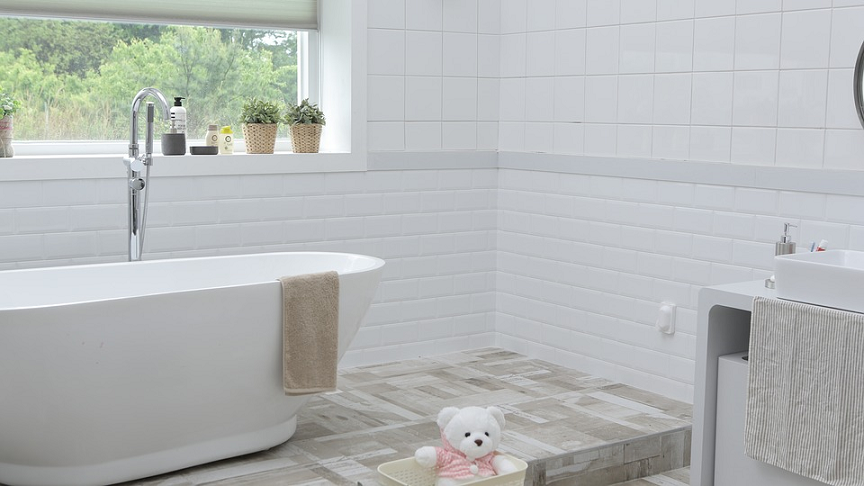In the age of gadgets, the development of social skills in children is changing dramatically. A lot of modern children have difficulty communicating, so parents should help them with incorporating social media skills development. Also, some parents of small children believe that it’s still enough time to get started with this task, but the earlier to start working with the child, the easier it will be for him/her to communicate better with peers further.
Fortunately, there are 5 (but in fact, even more) easy ways to help your child develop social skills right now:
1. Use the Child’s Interests to Develop Social Activity
The interests of the child can be determined at an early age. Someone shows special physical activity, someone prefers drawing, and someone shows the ability to sing or dance. Any interest can be a powerful tool for developing communication skills with other people. The only thing to do is to find specialized group lessons based on the child’s interest.
Surrounded by other children with the same interests, it will be easier for the child to cross the social barrier. Moreover, this process will occur naturally and will become the starting point in the development of subsequent communication skills with others. Also, visiting group clubs at preschool age will help get rid of the problem of communication with peers at school age. Well, in addition to increasing the level of socialization, the child will develop in creative and intellectual directions.
2. Help Your Child Meet the Other Children
Parents play an important role in how communication skills develop. But the main thing here is to find a middle ground. Often, parents force their children to come up and meet other children. But this approach is not always successful and is often used for shy children since children who are more socially active will interact with others without parental guidance.
Take into account the characteristics of your child and if you see that he/she is too shy to meet peers, do not put pressure on your kid. For example, you can start a conversation with other parents at the playground and introduce your child to other kids. Such a step will not create a psychological block for the child in the future, but, on the contrary, can help develop communication skills.
3. Teach Your Child to Share
Teaching a child to share can become a tool for communicating with other children. For example, while playing, your child might offer toys to other kids. By the way, the desire to share something will change as your child grows up. If you do not teach this from early childhood, then in adolescence, your child can be selfish in this matter.
Nobody says that you need to force your child to share something. It is necessary to explain that this behavior can please the other person. For example, “Your sister is very happy that you gave her your car. No doubt she is very happy. ” This approach will be a kind of development of empathy and will help not only in the future but even now.
4. Free Your Child from The Fear of Eye Contact
If you pay attention to the process of communication in children, you will notice that many avoid eye contact with the interlocutor. All this is a manifestation of shyness, and you need to fight this as early as possible. You just need to remind your child to look at the other person during the conversation. But this should be done quite gently, in a form of kind advice.
You can also practice at this moment. The child must see what the dialogue looks like when the interlocutor does not look into the eyes of another. Play this situation out with a family member. And then show what the dialogue looks like when the interlocutors look at each other. Tell your kid how you felt during these two dialogues. This will serve as a good example for your child and allow him to release the fear of eye contact.
5. Teach Your Child Good Manners from Early Childhood
Good manners play an important role in communication skills. Elementary “thanks” or “please” are also a kind of communication tool with others. Even if your child is shy and not sociable, good manners will help him stay afloat in society.
Good manners are always a good communication strategy, regardless of the age, environment, and specifics of the interlocutor. Therefore, even if the child is not hyper communicative, he/she will still be respected by others. It is not at all necessary to delve into all the laws of etiquette but following the basic and easy rules will be enough.
Wrapping Up
Parents are often worried if they see that their child is not as socially active as a peer. However, your kind assistance and guidance will help your child get rid of fears in communication. But remember that all your actions should be gentle, loving, and age-appropriate.
Author Bio:
Frank Hamilton has been working as an editor at all top reviews service. He is a professional writing expert in such topics as blogging, digital marketing and education. He also loves traveling and speaks Spanish, French, German and English.









